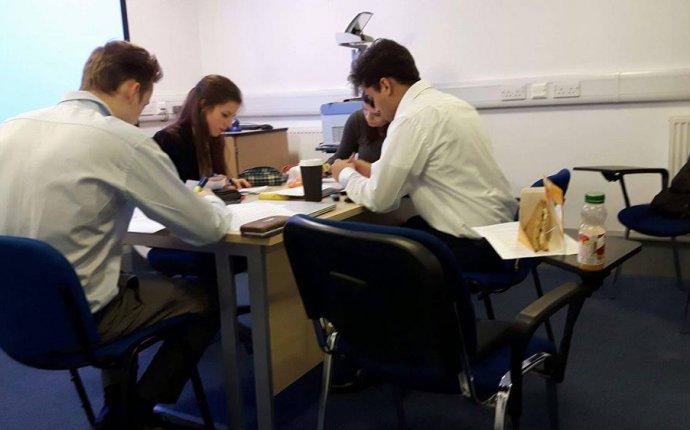
Glasgow university sociology
Drawing on the wits and work of the Sociologists, Criminologists and Anthropologists that constitute Sociology at the University of Glasgow, our aim is to promote dialogue about our research through strengthening links with other scholars (of all sorts) and to reach a wider and more diverse audience by engaging with friends, colleagues and communities outside of the University. We want this to be a space for sharing ideas, inspiring conversation and promoting debate on our work and on the social issues of the day.
We aim to provide a diverse range of open access content including articles, draft papers, details of upcoming events, book reviews, interviews, reports, audio and video clips – the more creative the better.
We welcome contributions from Glasgow staff and students (undergraduate and postgraduate) at the university as well as from our friends, colleagues and readers farther afield. Please remember that submissions need not be finished pieces of work – this is an ideal forum for receiving feedback on ideas or early drafts of potential pieces of work. If you would like to contribute or have ideas for the blog please contact us via email: glasgowsociology@gmail.com
I don’t think I need to add much to what your editors have said, since they have said it so well. I’m delighted to welcome their initiative and hope that all of us will play a part in seeing it grow and develop.
The ‘strapline’ on the blog sums up both the historical achievements and the present day aspirations of Glasgow Sociology very well: ‘Critical. Reflexive. Engaged’.
As the editors note, our work spans Sociology, Anthropology and Criminology – but increasingly we have come to see that it owes its distinctiveness to the dialogues and engagements between them. These engagements typically combine theoretical, empirical and applied aspects.
The teaching of Sociology and other social sciences in the University of Glasgow dates back to the 18th Century and the Scottish Enlightenment. The subject area of Sociology, as it is now, was founded in 1972 (most of its initial members of staff having previously formed a part of the Department of Politics). The founder members of this original Sociology department played a key role in the formation of the Glasgow University College of Social Sciences and – nationally – in the development of Sociology as a separate discipline in the UK, with its own distinctive methodologies, epistemology and professional identity: John Eldridge, the founding professor of the Department (now an Emeritus Professor), was for several years President of the British Sociological Association.
Historically, sociological research and teaching at Glasgow has been associated particularly with strengths in a variety of areas including social theory; critical media analysis (the subject is home to the celebrated Glasgow Media Group); racism (including the field-defining work of our former Head, Prof. Robert Miles) and with other dimensions of inequality including class, gender and sexuality.
In 2004, when the University’s former Department of Social Policy and Social Work was restructured, three of its component research centres became more closely associated within a newly named Department of Sociology, Anthropology and Applied Social Sciences. The Strathclyde Centre for Disability Research (SCDR) remains a vital part of Sociology today. This focus on more obviously policy-related social research developed further with the establishment of the Scottish Centre for Crime and Justice Research (SCCJR) in 2006. This multi-university research initiative has been hosted at Glasgow since its establishment, and has allowed very significant growth in the scale, reach and quality of Glasgow-based (and Scotland-wide) criminological research and education in the years that have followed. Glasgow sociologists also produce internationally respected work on gambling and risk, on migration, on sexualities, on the Sociology of health and illness.
All of these theoretical, empirical and applied research interests – combined with the many knowledge exchange activities that flow from our common commitment to a publically engaged Sociology – are integral to the quality and currency of our teaching. Our common aim in Glasgow Sociology is not just to educate students about the discipline and its contribution to the public good, but also to encourage them to think sociologically about themselves, their experiences and their own place in society. Increasingly, we are setting ourselves the challenge of helping them (and ourselves) to imagine, enact and reflect upon their own activism and civic engagement as developing sociologists.
That activism and engagement, I believe, has always been central to the discipline – and now, as ever, our task is to bring our knowledge and skills (along with the different forms of knowledge that others bring) to bear on improving processes of democratic deliberation about society and societies, about social issues and about social justice.









